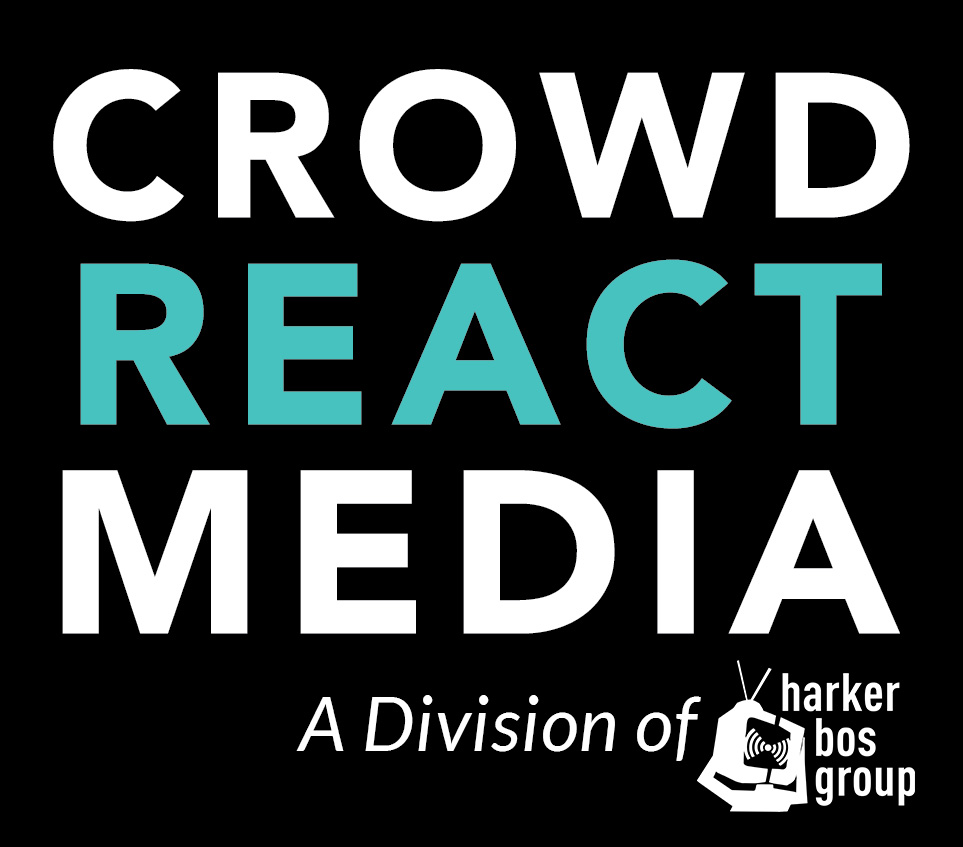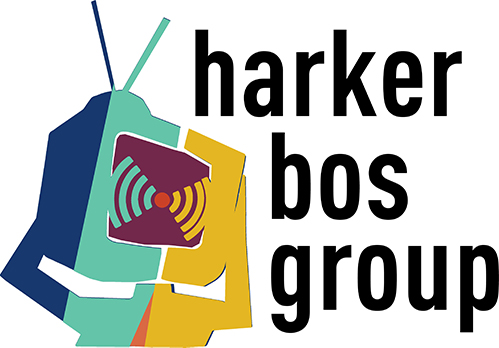Radio’s Death Wish
Imagine a highly regarded and highly profitable company that decides to eliminate its most unique benefits and cheapens its service. You would probably think that the owners of this highly profitable service were crazy, even suicidal. Think Sears or K Mart.
Remember Kodak? If you’re a Boomer you used their products. If you’re younger you may not know them at all. Kodak used to dominate photography back in the analog days. Then came digital cameras.
Concerned with protecting their analog cash-cow Kodak refused to jump into digital. Despite inventing digital photography (!) they continued to focus on film until they essentially disappeared.
Radio is Sears that failed to respond as retail evolved.
Radio is the analog Kodak that refused to embrace the new digital world.
History is littered with the remnants of companies and industries that turned a blind eye to approaching existential forces and paid the ultimate price.
Today radio seems determined to join that group.
Radio used to be an essential part of most people’s day. Not anymore.
Radio used to be local. Not anymore.
Radio used to reflect the local flavor, the local zeitgeist of its communities. Not anymore.
Radio used to have entertaining DJs. Not anymore.
Radio used to have DJs who lived in their communities and were well known. Not anymore.
Radio used to be all these things, but no longer.
And because of all these changes, radio used to be very profitable, but not anymore.
Bad financial moves combined with a fatal misunderstanding of what today’s radio listeners expect along with a belief that quality programming doesn’t matter has left the industry thrashing about in deep water without a clue on how to swim.
Our latest State of Media highlights radio’s continuing immolation with radio’s engagement in free-fall. Of the nine media examined, radio is eighth in conversion, a measure of how essential a medium is to a user.
Radio survived the advent of television. Radio held its own against the early streaming challengers like Rhapsody and Pandora but it was clear that radio had to step up its game as competitors grew in numbers and size.
What did radio do? Nothing. Actually, worse than nothing. The industry took steps that weakened radio’s connection with listeners, took steps that virtually invited listeners to find and embrace radio’s alternatives.
Maybe it’s too late. Maybe radio will join cassettes as obsolete. But maybe new operators who love radio will do what’s needed to bring back listeners…and revenue.
In future episodes we’ll speak to those few who want to see radio survive. Stay tuned.
This article is part of the Harker’s Corner series, written by Richard Harker, founder of Harker Bos Group. Read them all here.


